
安检设备 英文,Introduction to Security Screening Equipment
时间:2024-10-28 来源:网络 人气:
Introduction to Security Screening Equipment
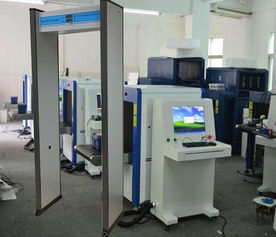
Security screening equipment plays a crucial role in ensuring the safety and security of airports, public transportation, and other high-risk areas. This article provides an overview of various types of security screening equipment, their functions, and their significance in maintaining a secure environment.
Types of Security Screening Equipment
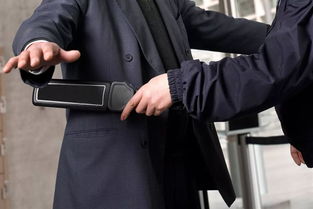
Security screening equipment can be broadly categorized into several types, each designed to detect and prevent the transportation of dangerous items. Here are some common types of security screening equipment:
1. X-ray Scanners
X-ray scanners are one of the most widely used security screening devices. They use X-rays to create detailed images of luggage and cargo, allowing security personnel to identify prohibited items such as weapons, explosives, and drugs. X-ray scanners are essential for ensuring the safety of passengers and crew on aircraft.
2. Metal Detectors
Metal detectors are designed to detect metal objects on individuals or in their belongings. They are commonly used in airports, schools, and other public places. Metal detectors work by emitting an electromagnetic field that interacts with metal objects, causing an alarm to sound if a metal item is present.
3. Explosive Trace Detectors (ETDs)
Explosive Trace Detectors are used to detect trace amounts of explosive materials on individuals or in their belongings. These devices are highly sensitive and can detect explosives at a very low concentration, making them an important tool in preventing acts of terrorism.
4. Handheld Scanners
Handheld scanners are portable devices used for quick checks of individuals or small items. They are often used in areas where traditional screening equipment is not feasible, such as at checkpoints or during special events. Handheld scanners can detect metal, explosives, and other hazardous materials.
5. Baggage Screening Systems
Baggage screening systems are designed to inspect luggage and cargo for prohibited items. These systems can be X-ray scanners, ETDs, or a combination of both. Baggage screening systems are crucial for ensuring the safety of passengers and crew on aircraft, as well as for preventing the transportation of dangerous goods.
Significance of Security Screening Equipment
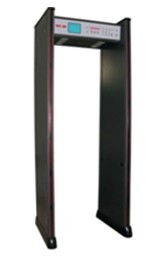
Security screening equipment is essential for maintaining a safe and secure environment in airports and other high-risk areas. Here are some key reasons why these devices are so important:
1. Protecting Lives
The primary purpose of security screening equipment is to protect the lives of passengers, crew, and the general public. By detecting and preventing the transportation of dangerous items, these devices help to minimize the risk of accidents and acts of terrorism.
2. Ensuring Compliance with Regulations
Security screening equipment helps ensure that individuals and organizations comply with regulations regarding the transportation of hazardous materials. This is particularly important in the aviation industry, where strict regulations are in place to prevent accidents and ensure the safety of all passengers.
3. Enhancing Public Trust
By using advanced security screening equipment, airports and other organizations demonstrate their commitment to safety and security. This can help build public trust and confidence in the transportation system, which is crucial for its overall success.
4. Facilitating Efficient Operations
Security screening equipment can help streamline operations at airports and other high-risk areas. By quickly and accurately detecting prohibited items, these devices can reduce wait times and improve the overall efficiency of security processes.
Conclusion
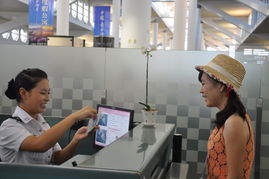
Security screening equipment is a vital component of modern security measures. By using a combination of X-ray scanners, metal detectors, ETDs, and other advanced technologies, organizations can effectively detect and prevent the transportation of dangerous items. As threats continue to evolve, the importance of investing in and maintaining up-to-date security screening equipment will only grow.
Tags:
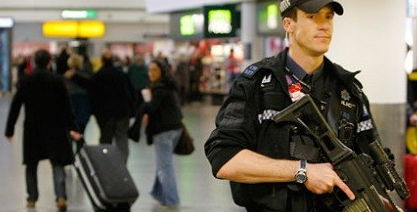
Security Screening Equipment, X-ray Scanners, Metal Detectors, Explosive Trace Detectors, Baggage Screening Systems, Airport Security, Public Safety, Terrorism Prevention
相关推荐
教程资讯
教程资讯排行













